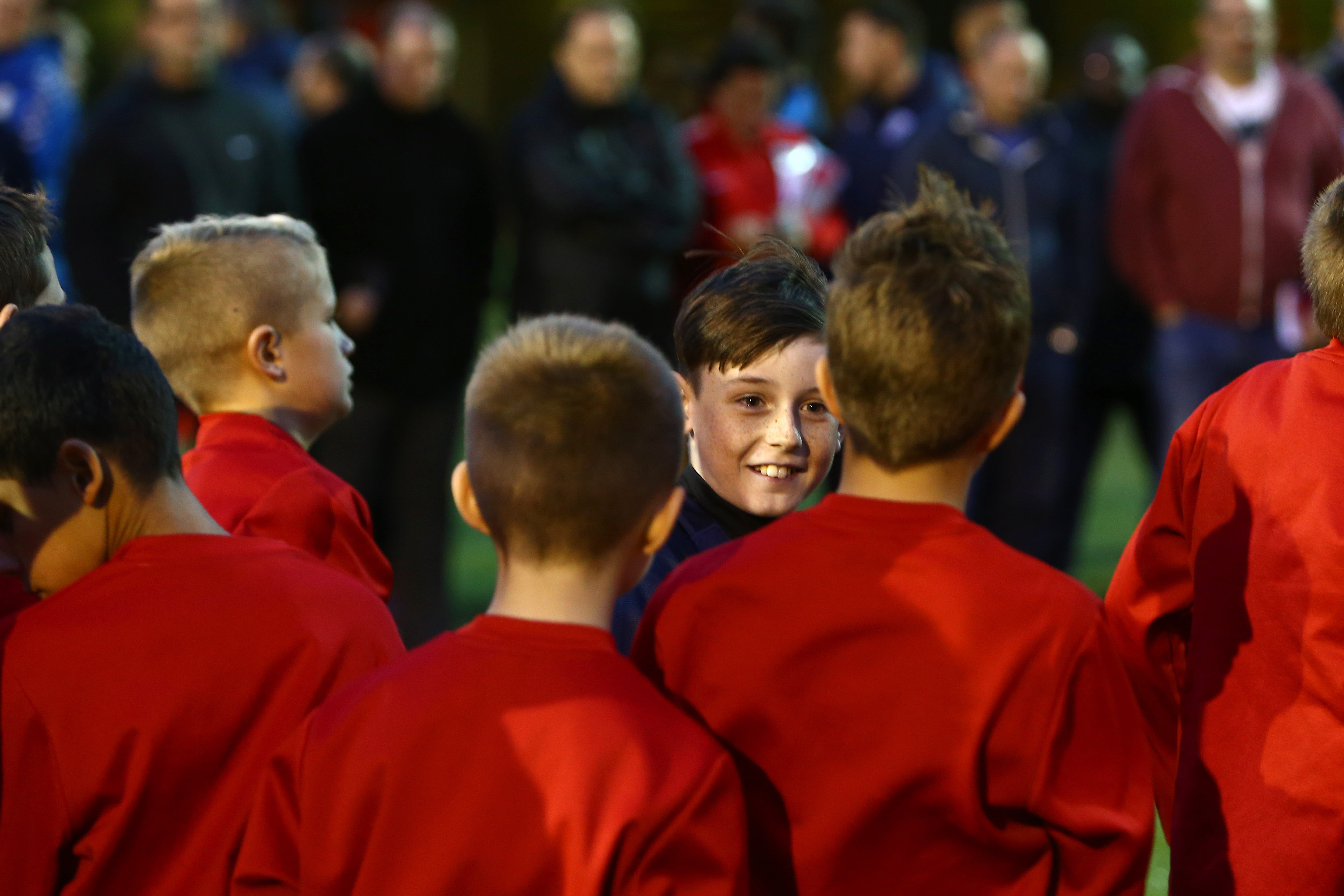
What makes a good learner?
- The Boot Room
- 01 October 2018
One of the key aims of the England DNA is to help children to develop into successful learners.
When it comes to the fast and effective acquisition of knowledge, some personal traits are more useful than others.
Whilst the following list is not exhaustive, important qualities include being able to:
- settle and feel comfortable in a social group
- make choices and live with the consequences
- display interest, motivation and curiosity
- try things, get them wrong and respond positively
- think ‘what if’ and use your imagination
- tolerate not knowing something and being comfortable with uncertainty
- stick at things, and show resilience and resourcefulness.
This list doesn’t only apply to players; it can also help to guide your behaviour whilst coaching. If your team see you as happy to take risks, ready to admit when you’re unsure and willing to give the unknown a try, they’re more likely to act in this way too.
Remember: early experiences are critical in shaping the course of our social and emotional development. They set up a template in the brain and body that informs how we relate to the world for the rest of our lives.
Next steps
- Is there anything else you'd add to this list?
- Are your team 'good learners' – and what do you do to support them?
To learn more about Foundation Phase DNA, click here.


